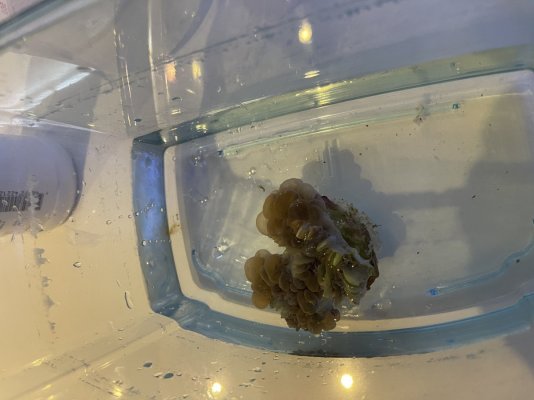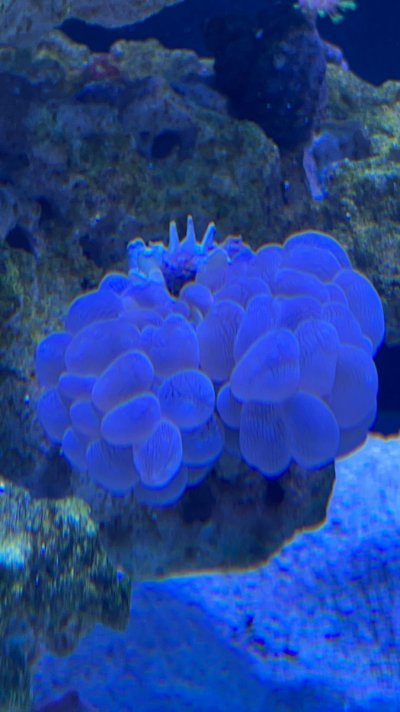LPS Corals are notably affected. Darker color of their tissue, tissue retraction from main skeletal structure and shorter tentacles.
It is odd, but the frogspawn are doing great, and some (not all) of the hammers and torches are doing good too.
Parameters:
Alk:
It has fluctuated from a low of 8.6 to a high 9.5 over weeks and weeks; mostly staying above 9 in a tight range (9-9.4)
Ca: 445
Mg 1337 - 1360
Temp: high of 78.5; low of 77.3 but mostly hovering from 78 -78.5
pH: avg. 8
ORP: 350-380
***Phosphate is high. After adding a bunch of fish and increasing the food intake it rose from: 0.04 to 0.08 to 0.16
I have added a ROWA Phos to a reactor in order to decrease this level
***Nitrates are high too. Rose from 5ppm to 10 to 20 to 30
I have increased the light schedule for my chaeto algae and decreased a little the food intake
I have also increased the light intensity. I have 4 XR30 gen 5. I am doing a AB+ schedule at 85% intensity.
I was afraid of burning some of the corals and had the schedule running at 40% intensity... Thinking it would be related to lighting I turned it back up to 85%
Let me know what factors can contribute to the LPS corals turning darker color and tentacles retracting. It has been a slow but steady decline and I am afraid some will not make it.
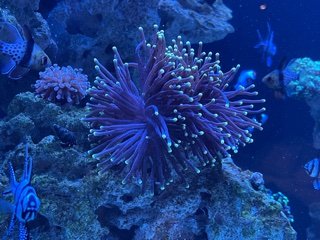
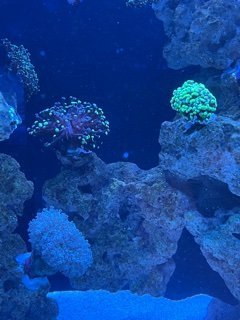
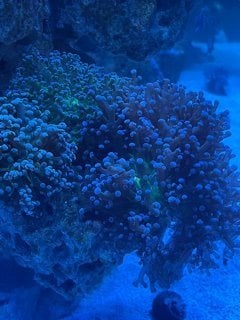
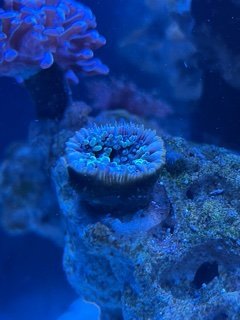
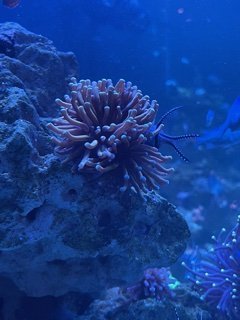
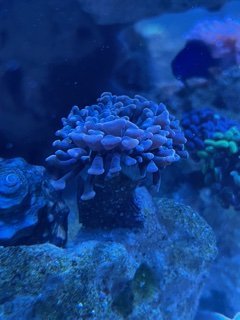
It is odd, but the frogspawn are doing great, and some (not all) of the hammers and torches are doing good too.
Parameters:
Alk:
It has fluctuated from a low of 8.6 to a high 9.5 over weeks and weeks; mostly staying above 9 in a tight range (9-9.4)
Ca: 445
Mg 1337 - 1360
Temp: high of 78.5; low of 77.3 but mostly hovering from 78 -78.5
pH: avg. 8
ORP: 350-380
***Phosphate is high. After adding a bunch of fish and increasing the food intake it rose from: 0.04 to 0.08 to 0.16
I have added a ROWA Phos to a reactor in order to decrease this level
***Nitrates are high too. Rose from 5ppm to 10 to 20 to 30
I have increased the light schedule for my chaeto algae and decreased a little the food intake
I have also increased the light intensity. I have 4 XR30 gen 5. I am doing a AB+ schedule at 85% intensity.
I was afraid of burning some of the corals and had the schedule running at 40% intensity... Thinking it would be related to lighting I turned it back up to 85%
Let me know what factors can contribute to the LPS corals turning darker color and tentacles retracting. It has been a slow but steady decline and I am afraid some will not make it.






Last edited:








